Keywords: South Africa
There are more than 200 results, only the first 200 are displayed here.
-

AUSTRALIA
- Justin Glyn
- 11 January 2016
4 Comments
Health care professionals at the Royal Melbourne Children's Hospital have begun to do what could not be achieved by reports from the UN Special Rapporteur on Torture and Australia's Human Rights Commission. The doctors and staff are refusing to release children they treat back to the detention which caused their problems in the first place. By this brave act has begun the slow task of pouring daylight (always the best antiseptic) into this gaping wound in Australian society.
READ MORE 
-
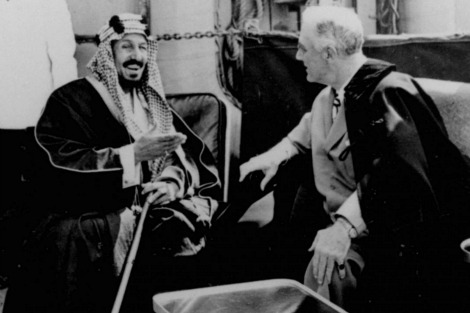
ECONOMICS
- David James
- 15 December 2015
3 Comments
In the early 1990s, America, Europe and Japan accounted for about 90 per cent of world GDP. Now, they account for less than half. The BRICs and other developing nations have grown steadily (in China's case spectacularly) while Europe has stagnated and America has sputtered at best. Recent developments in the geopolitics of fossil fuels and in finance confirm the perception that the rise of China and the developing world spells the end of US global hegemony. Against this backdrop, the narrative of the West has grown increasingly incoherent.
READ MORE 
-

AUSTRALIA
- Justin Glyn
- 14 December 2015
4 Comments
There is a new proposal from Prime Minister Malcolm Turnbull that those convicted of terrorism offences are to be remanded in jail even after they finish serving their sentences. Given that the pressing of terrorism charges has already proven to be a highly subjective practice, there is good reason to fear that any new powers to detain people beyond the expiration of their sentences for terrorism offences will, like the offences themselves, be applied in a politically selective manner.
READ MORE 
-
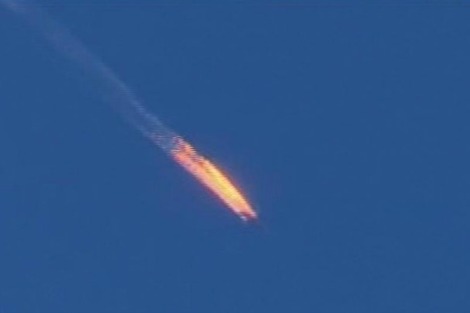
INTERNATIONAL
- Justin Glyn
- 26 November 2015
6 Comments
The downing of a Russian Sukhoi-24 bomber by Turkey reminds us of the risks which attend military intervention. There are, however, a number of additional complicating factors which promise to make the Syrian war even more dangerous and bloody for all sides. The situation could escalate dangerously. If this kind of event is not to become much more common, potentially leading to a much wider war, genuine peace talks with a lot more honesty on each side need to be a priority.
READ MORE 
-
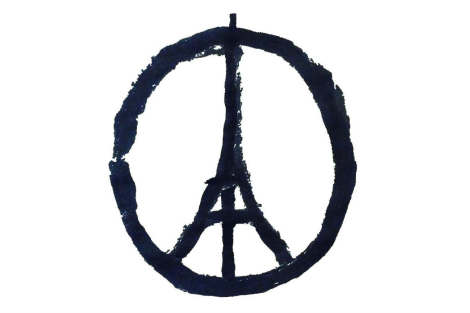
INTERNATIONAL
- Justin Glyn
- 19 November 2015
12 Comments
It is possible to find 'texts of terror' in Jewish, Christian and Muslim Scriptures. They need to be responsibly understood and explored with a close understanding of their context. We did not demand all Catholics stand up and denounce every IRA attack, nor that all Christians apologise for Anders Breivik. Similarly, why should we expect all members of a religion with over a billion adherents with multiple ancient variants to actively disown every horror claimed to have been committed in its name?
READ MORE 
-
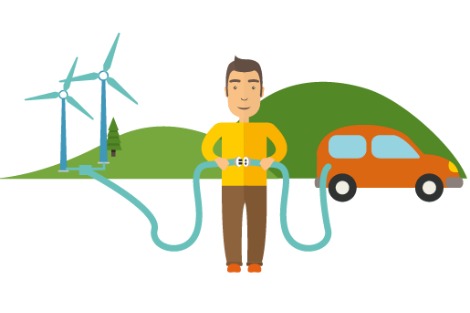
ENVIRONMENT
- Fatima Measham
- 11 November 2015
6 Comments
The UN Climate Change Conference in Paris is set to become the last opportunity for meaningful global action. The signs so far bear optimism, as the impetus for a binding international agreement to tackle the severity and effects of climate change has taken a turn. In order to better understand why, and appreciate the difference that a few years can make, it is worth revisiting why Copenhagen was such a disaster. The most meaningful difference between then and now involves leaders.
READ MORE 
-
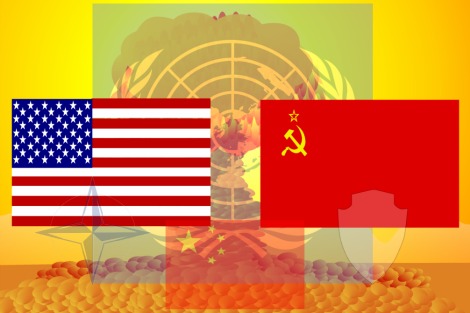
INTERNATIONAL
- Tony Kevin
- 09 November 2015
8 Comments
The US unipolar moment is ending. Real multipolarity is upon us, with Russia, China, India, Brazil, South Africa and Iran testing new multipolar arrangements for sharing world power. The US fears these changes, and would prefer to corral everybody back into the familiar bipolar camps of the past. This would be a disaster. Australia will benefit from a stable rules-based multipolar world, and our foreign policy can help build it. But we are going to have to take a few calculated risks along the way.
READ MORE 
-

AUSTRALIA
- Justin Glyn
- 30 October 2015
11 Comments
Muharram is above all a month of mourning for Shi'a. One of the ways in which the month may be mourned is by avoiding joyful music. For the pupils of Cranbourne Carlisle Primary School, singing of the national anthem was therefore recognised as a potential problem, not because of any disrespect but for precisely the opposite reason. It was respected as a song of hope and gladness, a delight in a common national identity. It was on these very grounds that the children did not want to sing it.
READ MORE 
-

AUSTRALIA
- Justin Glyn
- 21 October 2015
11 Comments
While running a Royal Commission into domestic violence and a $30 million campaign against it, ringing the bell marked 'asylum seekers are queue jumpers' has allowed successive governments to abuse alleged rape victims with barely a word of protest from the public. Insofar as any feelings of empathy for asylum seekers exist, we tell ourselves brutality is inflicted 'to stop deaths at sea'. So successful has this Pavlovian policy been that Australian refugee policy is now the toast of German neo-Nazis.
READ MORE 
-

AUSTRALIA
- Justin Glyn
- 13 October 2015
9 Comments
Health care professionals at the Royal Melbourne Children's Hospital have begun to do what could not be achieved by reports from the UN Special Rapporteur on Torture and Australia's Human Rights Commission. The doctors and staff are refusing to release children they treat back to the detention which caused their problems in the first place. By this brave act has begun the slow task of pouring daylight (always the best antiseptic) into this gaping wound in Australian society.
READ MORE 
-
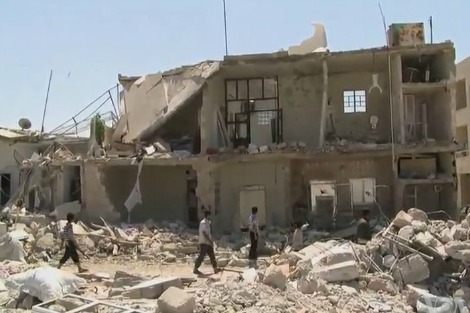
INTERNATIONAL
- Justin Glyn
- 06 October 2015
6 Comments
The Syrian government are no angels, and any more bombing raids on an already heavily bombed and traumatised population is unlikely to improve the situation for civilians. However, the American claim that the Russians have a poor record in this respect smacks of hypocrisy, given the US's admitted destruction last week of a Médecins Sans Frontières hospital in Afghanistan at the cost of 22 lives. Moscow's policy at least has the merits of legality, intelligibility and consistency.
READ MORE 
-

- Frank Brennan
- 18 September 2015
Pope Francis's concerns are not narrowly dogmatic or pedagogical but universally pastoral. He knows that millions of people, including erstwhile Catholics, are now suspicious of or not helped by notions of tradition, authority, ritual and community when it comes to their own spiritual growth which is now more individual and eclectic. He wants to step beyond the Church's perceived lack of authenticity and its moral focus on individual matters, more often than not, sexual. He thinks the world is in a mess particularly with the state of the planet — climate change, loss of biodiversity and water shortages, but also with the oppression of the poor whose life basics are not assured by the operation of the free market, and with the clutter and violence of lives which are cheated the opportunity for interior peace. He is going to great pains to demystify his office. He wants all people of good will to emulate him and to be both joyful and troubled as they wrestle with the probl
READ MORE